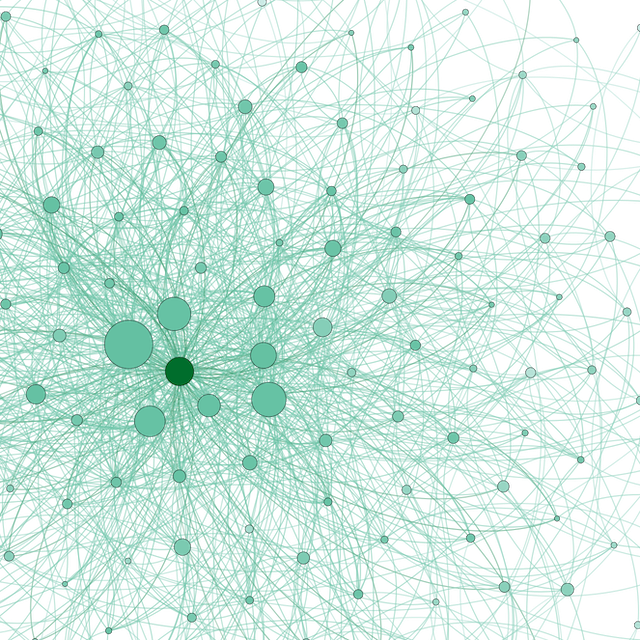Research Projects
(click on the pictures to explore)
(click on the pictures to explore)
When users implicitly reveal their racial identity in a request, they get stereotypical recommendations — and further conversational turns obfuscate the effect of implicit identity disclosure.
We demonstrate that language models can be leveraged to measure echo chambers and identify cross-community ideological and linguistic similarity.
A novel interface to help readers make sense of news article clusters. We leverage consensus to automatically identify, highlight, and link supporting evidence and contradictory statements across multiple documents. Demo video.
We study the extent to which cross-segment attention is needed for multi-segment reasoning tasks. We found that partially parallel segment processing (ie, late interaction) can enable segment caching and reduce latency without harming performance for many reasoning tasks.
We developed a new method for voice conversion that continuosuly shifts between speaker identities, creating an eerie effect. This achieves improvements in speech anonymization and naturalness, and I hope to develop extended uses for emotion and personality-design in human-computer interaction.
We performed a computational study of the behavior of "power users" on Reddit. We found that users move through the social network in strategic ways, and that as they rise to power they increasingly use their power to drive division. We suggest new strategies for taming radicalization and addressing misinformation networks online.
We align unsupervised word embeddings to automatically discover polarized word meanings across communities, find unexpected conceptual homomorphisms, and enable the study of ideological and worldview differences in text.

Using methods from link analysis, we identify the most influential and powerful users on Reddit. Then, we explore how they move across communities over time.
Collected from over 28,000,000 repositories on Github, we built a training dataset, designed an evaluation suite (based on practical downstream tasks), and trained a set of baseline models for representing Github repositories.
I love to write beautiful code that makes beautiful things! Sometimes when I get hooked on a game (like NYT's "LetterBoxed") I write a program to let me play more than 1/day. Sometimes I write projects to help me visualize data. Sometimes I turn classic algorithms into art :)
I developed an economic plan to combat climate change. My "green homesteading" program would simultaneously: create market incentives to promote energy farms, associate greentech with American entrepreneurship and innovation, and create a platform to address historic land inequity. You can read it here.
Some college friends and I built an app which helped people find the best dish on every menu. I worked on the machine learning pipeline, which involved named entity recognition, sentiment analysis, and working with data labeling contractors. I also built an trend-tracking tool for restaurants. The app is defunct, but I've documented some stuff here!
In college, I played Dungeons & Dragons with my friends. More than just play, I loved to design worlds, characters, and even the tabletop objects for the game! At UChicago's Fab(ulous) Lab, Elise and I made artistic player tokens and laser-cut wooden architectural maps.
For an added layer of irony, I programmed it entirely using Elm.
As a research assistant intern at the Berkman Center, I assisted with research on privacy and EdTech. I also managed the Center's "This Week in Student Privacy" newsletter (complete with weekly cat pictures), and advised the MIT Media Lab's Lifelong Kindergarten team on communicating the remix philosophy :)
Although I started programming in Microworlds at a very young age, it was not until Scratch came about that I fell in love with the ability to build my own worlds, games, and systems with code. I attended the very first Scratch conference, and later had the privilege to work with the Scratch team.